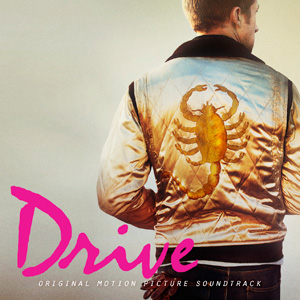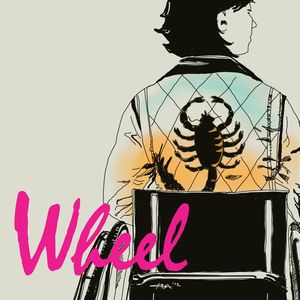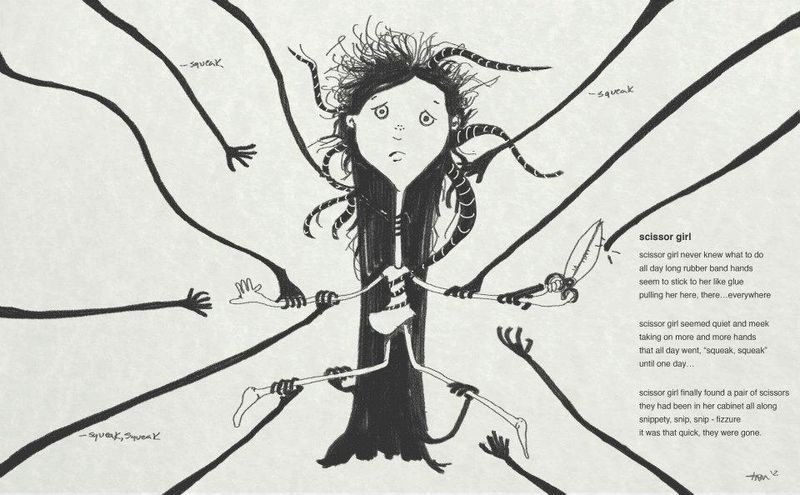I haven't been much of a poster on here but I have been drawing alot. I go through periods, I guess. Sometimes I don't want to "speak". I'm doing fine and there is no particular reason but at times I would rather draw than write.
Picasso's artwork is often categorized into periods; his Blue periods, Afrian-influenced periods, Rose periods, Cubism. People are like that, too. It's not that I don't have anything to say, I have too much to share and say, but at times I prefer the solitude of just me and a drawing.
Sometimes, I feel like I am saying more with less. Sometimes, I get tired of the sound of my own voice or tired of sharing so much that to me feels boring. Sometimes, it's not about telling people how they should be, how they should view things or the beliefs they should hold, yet it's the quiet sharing or story-telling that can drive a point home.
A few weeks ago I watched a documentary on the Topps Sisters, a pair of farm-raised lesbian twins who write and belt out country songs, yodel, perform sketches that lampoon both rural and society folk, and champion political causes. Their act is fun and kitchy.
While these sisters could have rebeled and protested with loud words and disdain, they instead decided to entertain their point home. They used a sterotypical conservative medium to make their liberal message palatable to conservatives. They did what was genuine to them. It was less about being "right" and more about sharing who they were so that others may come to understand their plight and perspective. If we have an experience, we should share it.
Sometimes, sharing in a quiet way can be just as effective as angry, intolerant reposting of everything we hate. Sometimes, the best way to change another's view involves not trying to and instead sharing oneself.
I have definitely found an interest in story-telling. I have no training, I was not an english major, but I did train in design and have stories in my pocket. I was not trained in illustration, but when I began I merely did what I thought felt right and deduced elements I had learned in design school. I then transported that to personal drawings.
I like story-telling a seemingly simple moment and project it into a drawing. It's an interesting process for me and the viewer. I often receive emails from strangers who share how my drawing applies to their own personal experience. Simplicity is difficult, but the simpler one can be, the better. It's not about being above the audience, it's about inviting them in. At least, this is how I liked to be talked to.
I was watching filmmaker, Andrew Stanton (writer and director of Finding Nemo and WALL-E) give a speech at Ted Talks on the art of story-telling. It sounded a bit formulaic and there was a science behind it, but overall it was about being genuine. It's about real sharing and not about being right or with the agenda of changing your audience's opinion. If you go in it for that reason then you're misguided. Then you are saying you are right and that is one-sided.
He said, "We all know what it's like not to care" and "that we are born problem solvers, we are compelled to deduce". We don't need to be told how to act or view, handheld, talked down to or manipulated into thought. He says, "Use what you know. Draw from it. Capturing a truth from an actual experience."
While blogging and doing art became a way to spread awareness about my rare condition, HIBM, the organization (ARM) and the scientists dedicated to bringing treatment to the public, I would much rather have my privacy. But, this path (blogging and art) felt like a natural way to go and I let it be however it wanted to be. I never realized how much of myself I would give when I started this whole endeavor a little over a year ago. Even prior to blogging and art, I already felt burnt out by HIBM, but this brought it to a whole different level. I'm very glad this endeavor came about, but at the same time it can be exhausting and I've realized that keeping an audience is almost like a full time job.
This drawing, "What's everyone staring at?" is an observation I have when I am out in the wheelchair, especially if I am alone. When I was walking full-time I was told that people would look at me differently when I go into a chair -- even my friends. I don't get upset when people stare, but I do notice it; the stares as much as the people overtly trying not to look, which is almost worse.
Sometimes it's hard to not feel uncomfortable and not feel like the odd person in a sea of "normal". Obviously, I know better, none of them are normal, either. But at a quick glance, as long as everyone is acting similarly, they look the normal ones and I do not.
When we walk past each other we make quick assumptions based on someone dresses or looks, but in general we regard most passerbys as normal people we are passing. But when you see something that obviously fits outside of that box, such as a wheelchair, we categorize them as disabled. Different. And thus all the information and feelings that we have learned about this particular group, we tag them with. Feelings of pity and sadness. "They must be limited in every way", we think and put into this unproductive box of a disabled world.
Until they talk to me. For some, I see their eyes glaze over in confusion when they realize I am a professional, articulate, have desire and passion.
After this it can go one of two ways, they realize, "Hey, this is a real person in front of me, it's not so alienating to understand them." OR they say things like, "Well, good for you for trying to live like a normal person." or " You deserve it, you've gone through so much".
A comment I greatly dislike. A comment that reeks of ignorance. Nothing makes me feel so small and insignificant. And I'm a pretty confident person with a sense of humor about myself.
I can sense the uncomfortable stares.
When I am out alone I definitely get looks, looks that say, "Why are you out here alone?"
Looks of wonder. Looks that are sad that such a young girl is going through such a thing. One day when I was rolling, this drawing came to mind. A crowd of the sameness and how they react when anything different comes into the scene. It can be simultaneous look of stares piercing you, even if they don't obviously look. And, here rests an opportunity to educate an audience and share with, no matter how much I hate being an educator of this subject.
Much of the trick is making your audience comfortable. I feel like much of what I have to do is make sure everyone is "ok" with it before we can begin. Let them know that it is indeed ok and I am real. If I truly want them to learn, then it's not about me.
Sometimes, I want to be alone when I'm wheeling around so I don't make eye contact or engage in conversation with strangers, but as soon as you make eye contact and let them know that you aren't so different, the attitude changes. It can be all about how you act. If you act in self-pity, then everyone will pity you. I try to act as "Kam" because that's all I want to be. That's all I have ever wanted to be and that's all most people want to be; to be acknowledged as their self. For the other 10% who will remain ignorant lost causes, it' not my problem. I did my best.
















